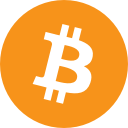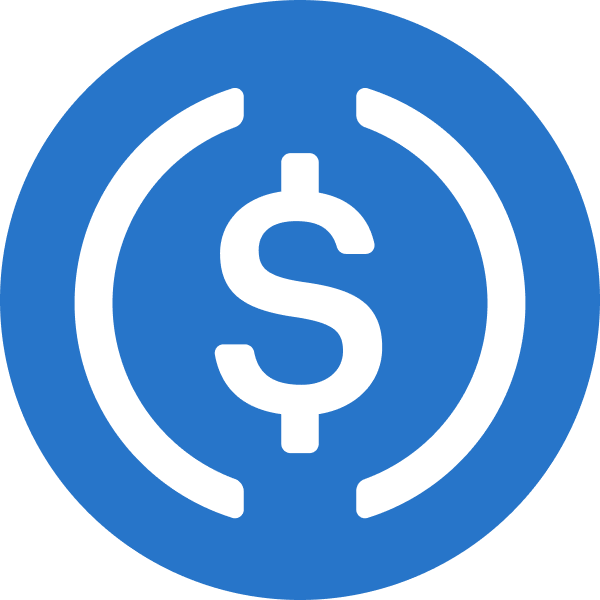Was ist der aktuelle Preis von Bitcoin?
Wir aktualisieren unsere Bitcoin in der Währung EUR in Echtzeit. Sehen Sie sich den Live-Kurs von Bitcoin auf Coinbase an.
Wie hoch ist die Marktkapitalisierung von Bitcoin?
Die aktuelle Marktkapitalisierung von Bitcoin beträgt 1,16 Bio. €. Eine hohe Marktkapitalisierung bedeutet, dass der Markt ein Asset hoch bewertet.
Was ist das Bitcoin-Allzeithoch?
Das Bitcoin-Allzeithoch beträgt 68.992,77 €. Dieses Allzeithoch stellt den höchsten Preis dar, der seit dem Lauch von Bitcoin jemals gezahlt wurde.
Wie hoch ist das 24-h-Handelsvolumen von Bitcoin?
In den letzten 24 Stunden betrug das Handelsvolumen von Bitcoin 23,08 Mrd. €.
Welche anderen Assets sind mit Bitcoin vergleichbar?
Wie viele Bitcoin gibt es?
Das derzeit zirkulierende Angebot an Bitcoin beträgt 20 Millionen.
Wie lange ist die typische Haltedauer von Bitcoin?
Der Mittelwert der Dauer, die Coinbase-Kunden Bitcoin halten, bevor sie diese verkaufen oder an ein anderes Konto oder eine andere Adresse senden, beträgt 84 Tage.
Wie ist die relative Popularität von Bitcoin?
Bitcoin ist bei den handelbaren Assets auf Coinbase 1. Die Popularität basiert derzeit auf der relativen Marktkapitalisierung.
Wie ist die aktuelle Handelsaktivität von Bitcoin?
Derzeit kaufen 99 % der Coinbase-Nutzer Bitcoin. Mit anderen Worten: 99 % der Coinbase-Kunden haben ihren Bitcoin-Nettobesitz in den letzten 24 Stunden durch Handel erhöht.
Kann ich Bitcoin auf Coinbase kaufen?
Ja, Bitcoin ist derzeit auf der zentralisierten Handelsplattform von Coinbase verfügbar. Ausführlichere Anweisungen finden Sie in unserem Leitfaden zum Kauf von Bitcoin.













































